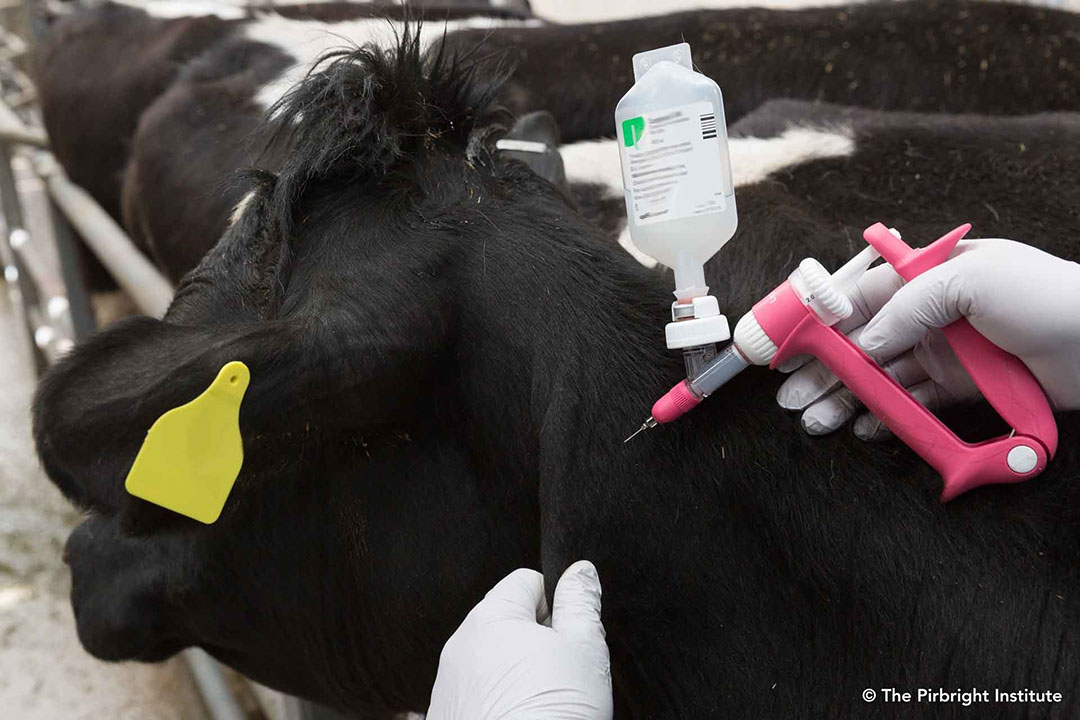By Nqobani Manyabi
Good management practices are the cornerstone of successful farming. Farmers must understand that relying solely on vaccinations without maintaining proper animal care standards is a short-sighted approach.
Proper management practices ensure animal health and lead to higher productivity, a critical factor in the farming industry.
The Hitet crisis
The misuse of Hitet has become a pressing issue among farmers, leading to drug resistance. Many farmers resort to injecting Hitet at every sign of illness, without properly diagnosing the problem. This is far from ideal. A good farmer must diagnose a disease, understand its cause, and then select the appropriate treatment. Rushing to administer drugs without proper knowledge can lead to long-term problems and even more significant health crises among livestock.
Why keeping animals healthy matters
Healthy animals are naturally more resistant to diseases and respond better to treatments when necessary. Conversely, a sick animal can significantly burden a farmer, costing both time and money. Maintaining good health in animals is a moral responsibility and a key to running a profitable farming operation.
Tips for keeping animals healthy
- Provide Quality Feed: Ensure animals have access to enough nutritious food to meet their dietary needs.
- Clean Water: Always make clean water available to livestock.
- Vaccination Programs: Follow vaccination schedules carefully to prevent outbreaks.
- Control Parasites: Keep internal and external parasites in check through regular dipping and deworming.
- Separate Sick Animals: Isolate unhealthy animals from the herd to prevent disease spread.
- Quarantine New Animals: Keep newly acquired animals separate for 30 days before mixing them with the herd.
- Protect Against Weather Extremes: Provide shelter to protect animals from harsh weather conditions.
- Regular Health Checks: Monitor livestock frequently to catch diseases early.
- Consult Experts: Seek advice from veterinarians or other experts when needed.
- Maintain Health Records: Keep accurate records of each animal’s health history.
- Practice Biosecurity: Implement measures to prevent diseases from entering or spreading on the farm.
- Train Staff: Ensure that those working with the animals are trained in best practices.
Practical advice for cattle management
“Cattle, as a rule, will not pay for lavish improvements or equipment, both of which must be kept simple, functional, and durable. The only luxury permitted the rancher is that of having good cattle,” says Manyabi. The focus should be on the quality of cattle rather than extravagant investments.
Basic biology for heifer management
Managing heifers is particularly challenging. After their first calf, heifers take longer to begin cycling again—typically about 80 to 100 days—compared to mature cows. This delay means that heifers should be bred earlier than the main cow herd to ensure that they can keep up in subsequent breeding seasons.
Reproduction is often a lower priority for young heifers as their bodies focus on growth. Thus, providing them with the necessary nutritional support is crucial for long-term success. Well-nourished heifers are better positioned to thrive, ensuring a productive herd in the future.
In conclusion, good management practices, including proper diagnosis, strategic breeding, and maintaining overall health, are essential for a thriving farm. Vaccinations play an important role, but they cannot replace the foundational principles of proper animal care. By adhering to these guidelines, farmers can ensure that their livestock remains healthy and their operations successful.

